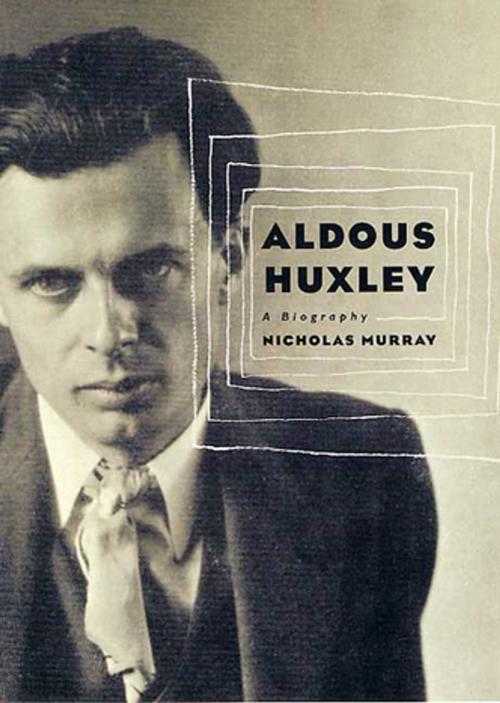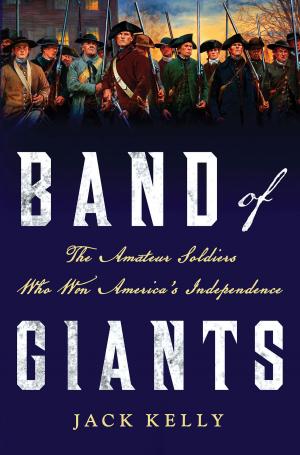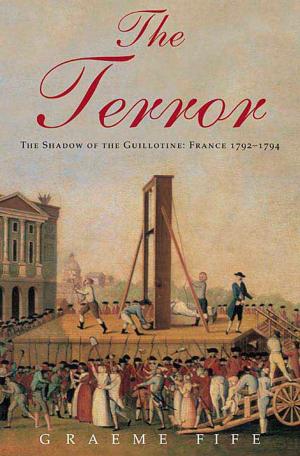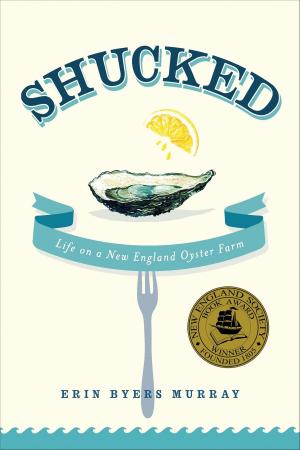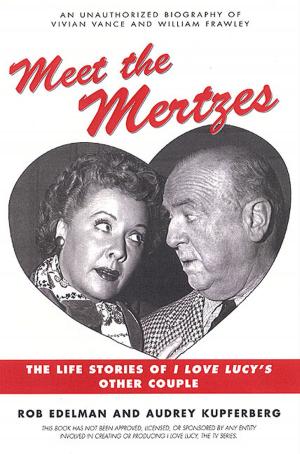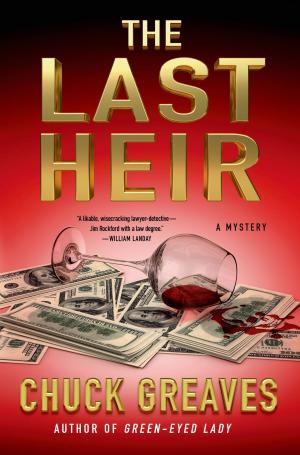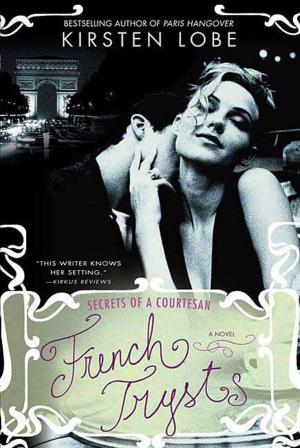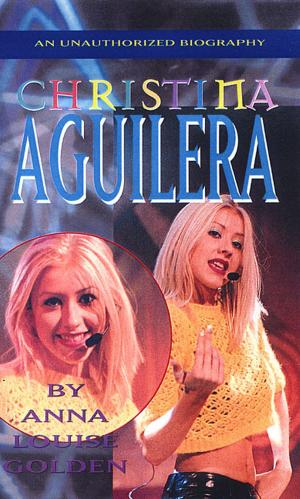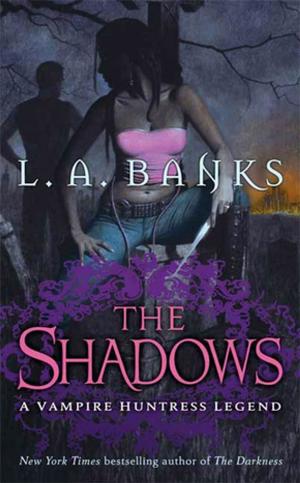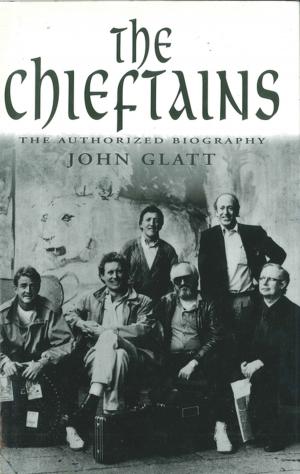| Author: | Nicholas Murray | ISBN: | 9781429978507 |
| Publisher: | St. Martin's Press | Publication: | March 24, 2003 |
| Imprint: | Thomas Dunne Books | Language: | English |
| Author: | Nicholas Murray |
| ISBN: | 9781429978507 |
| Publisher: | St. Martin's Press |
| Publication: | March 24, 2003 |
| Imprint: | Thomas Dunne Books |
| Language: | English |
When Aldous Huxley died on November 22, 1963, on the same day that John F. Kennedy was assassinated, he was widely considered to be one of the most intelligent and wide-ranging English writers of the twentieth century. Associated in the public mind with his dystopian satire, Brave New World, and experimentation with drugs that preceded the psychedelic, a term he invented, era of the 1960s, Huxley seemed to embody the condition of twentieth-century man in his restless curiosity, his search for meaning in a post-religious age, and his concern about the misuses of science and the future of the planet.
But Huxley was born when Queen Victoria was on the British throne. He was the grandson of the great Victorian scientist Thomas Henry Huxley "Darwin's bulldog," and the great-nephew of the great poet and critic Matthew Arnold. Exiled in the Californian sun, he never ceased to think of himself as part of a tradition that could be traced back to the Victorian public intellectuals.
This biography of Huxley---the first in thirty years---draws on a substantial amount of unpublished material, as well as numerous interviews with his family and friends. It is a portrait of a daring and iconoclastic novelist; a man hampered by semi-blindness, who spent a restless life in search of personal enlightenment. Nicholas Murray charts Huxley's Bloomsbury years, his surprising and complex relationship with D. H. Lawrence, and his emigration to America in the late 1930s, where he pursued a career as a screenwriter while continuing his fascination with mysticism and religion. Huxley's private life was also unconventional, and this book reveals for the first time the extraordinary story of the ménage à trois including Huxley, his remarkable wife, Maria, and the Bloomsbury socialite and mistress of Clive Bell, Mary Hutchinson.
Huxley emerges from this new biography as one of the most intriguing and complex figures of twentieth-century English writing---novelist, poet, biographer, philosopher, social and political thinker. In an era of intense specialization he remained a free-ranging thinker, unconfined by conventional categories, concerned to communicate his insights in ordinary language---a very English intellectual.
When Aldous Huxley died on November 22, 1963, on the same day that John F. Kennedy was assassinated, he was widely considered to be one of the most intelligent and wide-ranging English writers of the twentieth century. Associated in the public mind with his dystopian satire, Brave New World, and experimentation with drugs that preceded the psychedelic, a term he invented, era of the 1960s, Huxley seemed to embody the condition of twentieth-century man in his restless curiosity, his search for meaning in a post-religious age, and his concern about the misuses of science and the future of the planet.
But Huxley was born when Queen Victoria was on the British throne. He was the grandson of the great Victorian scientist Thomas Henry Huxley "Darwin's bulldog," and the great-nephew of the great poet and critic Matthew Arnold. Exiled in the Californian sun, he never ceased to think of himself as part of a tradition that could be traced back to the Victorian public intellectuals.
This biography of Huxley---the first in thirty years---draws on a substantial amount of unpublished material, as well as numerous interviews with his family and friends. It is a portrait of a daring and iconoclastic novelist; a man hampered by semi-blindness, who spent a restless life in search of personal enlightenment. Nicholas Murray charts Huxley's Bloomsbury years, his surprising and complex relationship with D. H. Lawrence, and his emigration to America in the late 1930s, where he pursued a career as a screenwriter while continuing his fascination with mysticism and religion. Huxley's private life was also unconventional, and this book reveals for the first time the extraordinary story of the ménage à trois including Huxley, his remarkable wife, Maria, and the Bloomsbury socialite and mistress of Clive Bell, Mary Hutchinson.
Huxley emerges from this new biography as one of the most intriguing and complex figures of twentieth-century English writing---novelist, poet, biographer, philosopher, social and political thinker. In an era of intense specialization he remained a free-ranging thinker, unconfined by conventional categories, concerned to communicate his insights in ordinary language---a very English intellectual.
